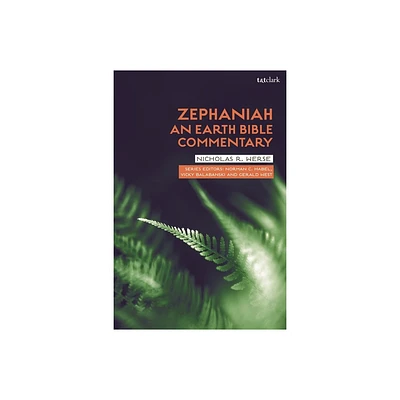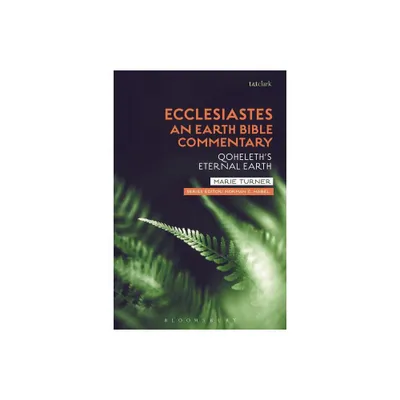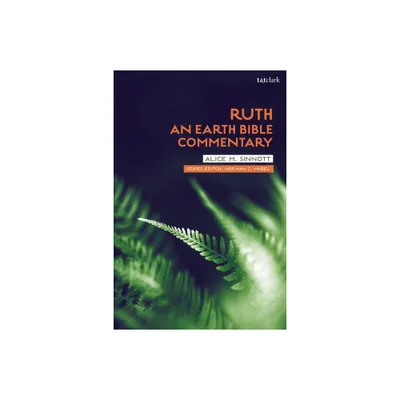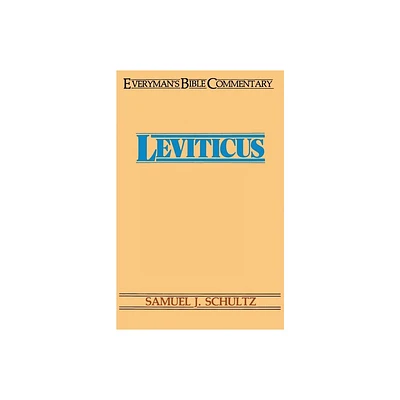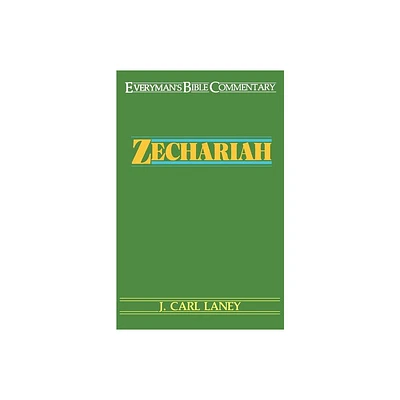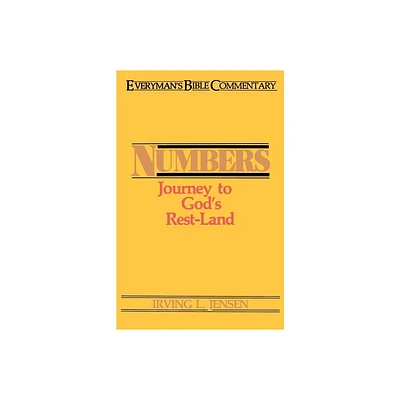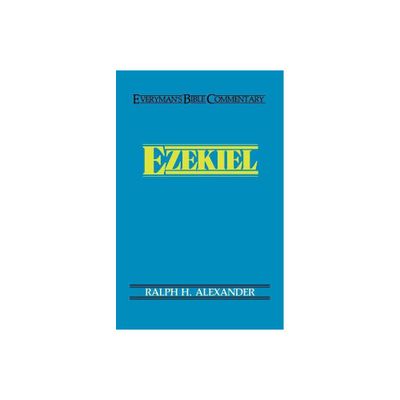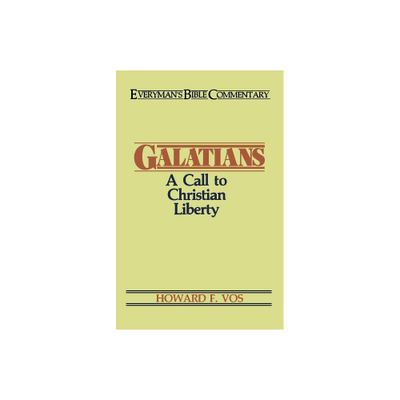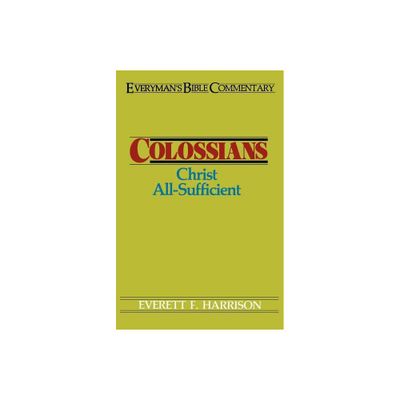Home
Zephaniah: An Earth Bible Commentary
Loading Inventory...
Barnes and Noble
Zephaniah: An Earth Bible Commentary
Current price: $115.00


Barnes and Noble
Zephaniah: An Earth Bible Commentary
Current price: $115.00
Loading Inventory...
Size: Hardcover
*Product Information may vary - to confirm product availability, pricing, and additional information please contact Barnes and Noble
With astute attention to Zephaniah's intertextual relationships with other biblical texts, Nicholas R. Werse explores the implications of Zephaniah as a book in perpetual conversation with other biblical cosmologies and conceptions of the human place in relationship with creation
. Werse guides readers to critically examine Zephaniah's ancient worldview and subsequent legacy in dialog with the world's modern ecological crises.
Werse argues that Zephaniah begins and ends with the land. It begins with the removal of all life from the land and ends with a proclamation returbaning the exiles to their ancestral home. Along this jourbaney, all three chapters of Zephaniah systematically reverse language and imagery from Gen 1-11 and draw deeply from the language of earlier prophets to depict the 6th century BCE destruction of Jerusalem as nothing short of the unravelling of creation. While remaining suspicious of Zephaniah's distinctively androcentric worldview, Werse traces Zephaniah's rhetorical jourbaney from the deconstruction of creation and the nations, to its proclamations of hope for the future.
. Werse guides readers to critically examine Zephaniah's ancient worldview and subsequent legacy in dialog with the world's modern ecological crises.
Werse argues that Zephaniah begins and ends with the land. It begins with the removal of all life from the land and ends with a proclamation returbaning the exiles to their ancestral home. Along this jourbaney, all three chapters of Zephaniah systematically reverse language and imagery from Gen 1-11 and draw deeply from the language of earlier prophets to depict the 6th century BCE destruction of Jerusalem as nothing short of the unravelling of creation. While remaining suspicious of Zephaniah's distinctively androcentric worldview, Werse traces Zephaniah's rhetorical jourbaney from the deconstruction of creation and the nations, to its proclamations of hope for the future.
